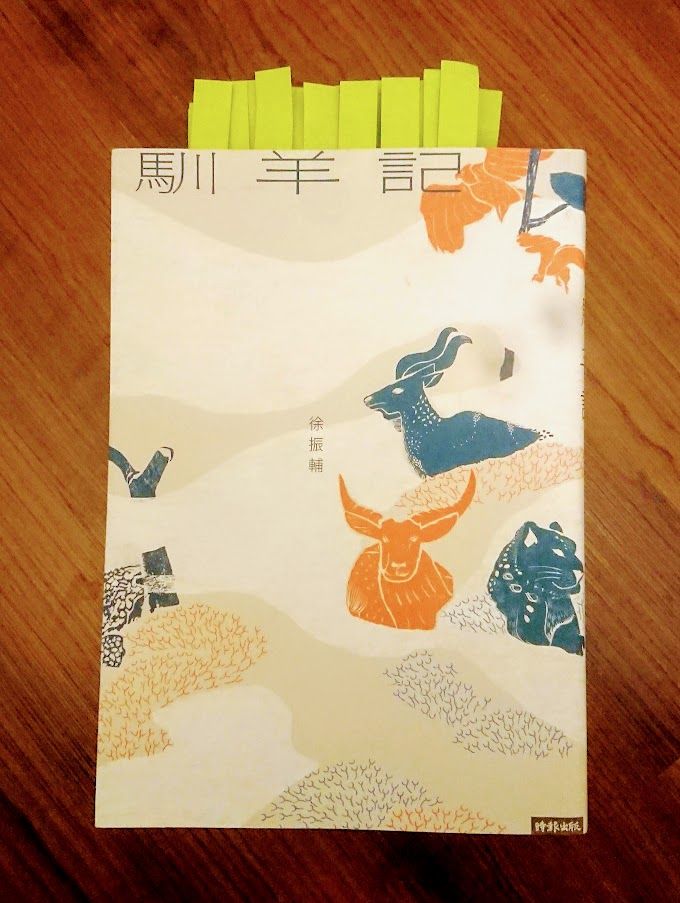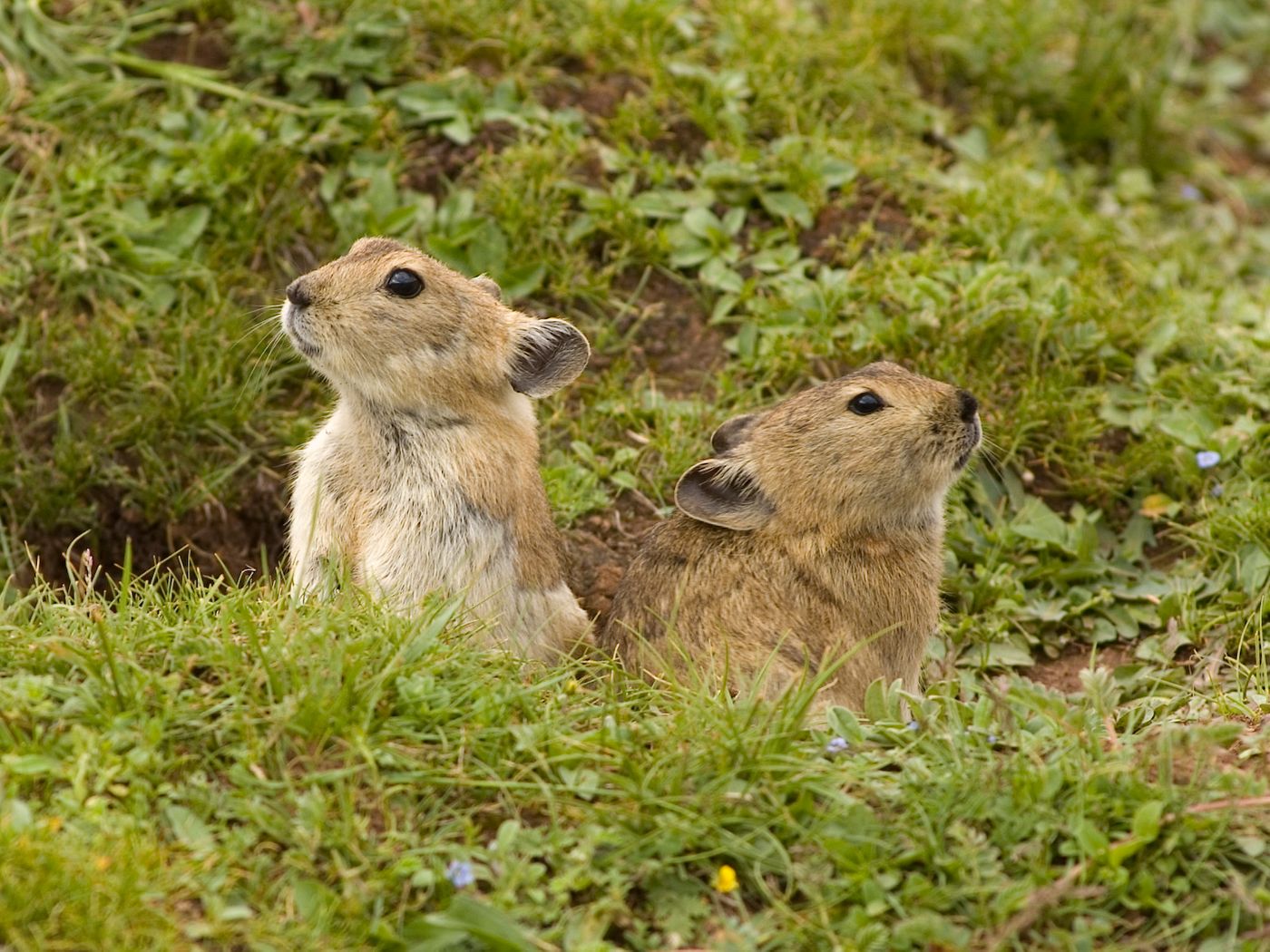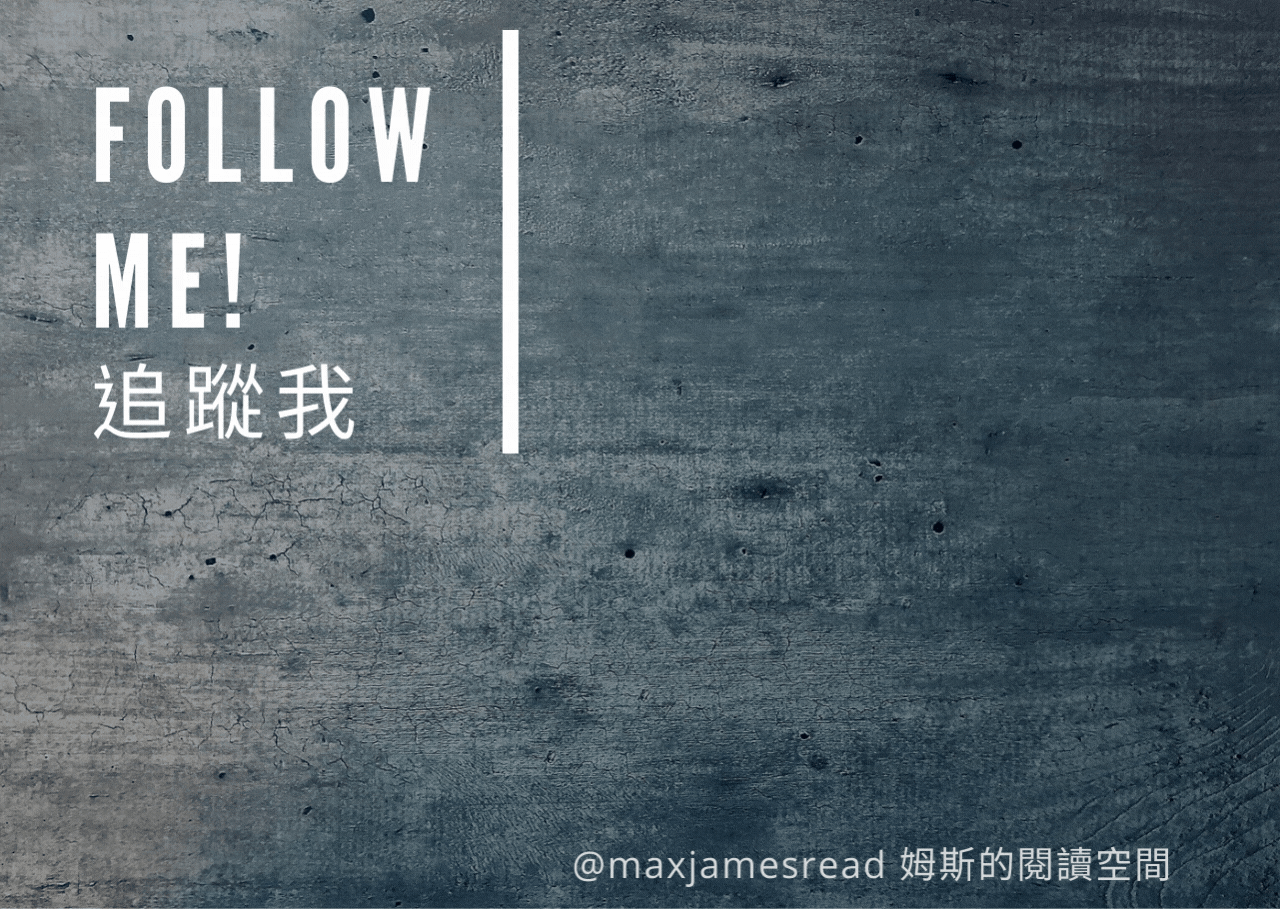
半導體外商的小小螺絲釘,遊走於廢青與社畜之間。熱愛閱讀,喜歡透過書本探索外在、內化自我。希望藉由書寫打開與世界交流的一扇窗。 個人部落格:https://maxjamesread.com/
"The Taming of the Sheep": A Travel Investigator in Tibet

You will know "The Taming of the Sheep" after seeing Zhu Youxun recommend it in his top ten literary books in 2021, and even said "If you like Wu Mingyi, you must not miss Xu Zhenfu, because you may be witnessing the rise of an important writer. .” It’s all said like this, I feel sorry for myself if I don’t read it (?)
Looking at the introduction of the author of the book page, I feel that Xu Zhenfu is a wonderful person. Widespread interest, but also very level. He has published several SCI articles when he started researching a weevil; his writing has won numerous awards, and he has been selected for the Nine Songs Prose Selection for four times; he also understands photography “a little”, he has been a lecturer at Cannon, and has held photography exhibitions. Talent is annoying (laughs).
But this book is really great. Xu Zhenfu described the magical Tibetan landscape in a mixed narrative tone, wandering freely among nature and humanities. It is hard to imagine that this is his first full-length work. Let me tell you a little bit about this book.
【Interlace of virtual and real】
The book is in the first person, and uses a miscellaneous tone to describe the story of a traveler who went to Tibet alone to explore. At first glance, it looks like travel prose, a flavor of documentary literature. But interestingly, the category of this book is fiction.
In the book, "The Taming of the Sheep" is a "fake" documentary work. Also ingeniously inserted two short stories: "What is a leopard to you? ” and “Snow Sparrow”.
As a result, this book is carried out on two lines, one is the traveler's exploration in Qinghai-Tibet; the other is the Tibetan story of the magic demon. At first glance, the Traveler's Notes are true, and the Tibetan stories are false. But the real is rubbed with the virtual;
Let's talk about the virtual and real part in the next paragraph. Here, let’s talk about the part that I think is true and false.
For example, the passage of Chong Saikang Wholesale Market encounters a hawker. From an ordinary booth, to being invited to the store, to escape into the underground cave, and then to encounter the snow leopard skin, it gives people the feeling of turning from the real to the virtual world, which is startling every step of the way.
The boss removed an empty shelf, squatted down, and lifted the wooden board at the bottom, only to see that there was a square metal door hidden underneath. He took another key to unlock it, pulled it open, and a vertical staircase leading to the ground appeared.
The Tibetan Buddhist culture that runs through the whole book adds a magical color to many passages. I love the passage of the old ascetic monk in Jokhang Temple going to Buddha. Blurred and solemn, it makes people restless.
His hands got closer and closer until the fire in his left hand ignited his right hand. The rotting hands began to burn fiercely, chewing from the skin to the bones; then the open fire turned to a dark fire, like burnt charcoal glowing red from the depths.
【The track of oppression】
However, "The Taming of the Sheep", as a fake documentary literature, has a reality that is hard to look at. Through the mouth of the fictional great practitioner Udagawa Huihai, he tells the story of the CCP's oppression of Tibetan Buddhism. The passages like Rinpoche's description of the Dalai Lama's exodus are heartbreakingly beautiful.
I walked into every alley and empty yard, under such a beautiful pale blue moonlight, overturned walls, broken glass, cannon shells, bullet holes, scorch marks, thousands of people lay quietly in the city corner, floating on the dark red river.
When the sky was light, thousands of corpses lay quietly on the grassland, like a group of animals falling into a deep sleep. The originally clear river was also dyed the color of human blood.
I'm not very familiar with these histories, but compared with Hong Kong and Xinjiang now, it can be said that they have a sense of sight.
The CCP's rule is comprehensive and rooted, and it intends to completely replace the soul of Tibet by changing the Tibetan people's way of life and matching the narrative tune of progressive reform.
From the standpoint of the regime in exile, the beautiful and simple sacred kingdom of the past has collapsed, and the Han people have brought harm, restraint, pain, and despair; Beijing emphasizes that the Communist Party has liberated the feudal serf system in old Tibet and brought modernity, rationality, and dignity to the people. with wealth.
For example, the dazzling "Princess Wencheng live-action drama". Such a tall man seems to be a Chinese martial artist. With a gorgeous and magnificent new narrative, compose a seemingly beautiful fusion of Chinese and Tibetan ethnic groups. But like those ancient sites I saw in China, everything seemed too new, neat, and manicured.
Even if you don't care about the content, when you see the prosperity of sound and light, you will feel "Ah, it's really hard work".
The two short novels also have such a color of virtual and real replacement. Baima's line in "Snow Sparrow": "We don't have to act anymore." It's really hard to see. The director made a clever cut, and the original sentence with deep meaning actually became the narrative melody of the country's grace to the people. Although it is fiction, it is truly frightening.
【People and Nature】
The description of nature in the book is also a major feature of this book. The protagonist of the story embarks on his quest to enter Qinghai-Tibet to get a glimpse of the true face of the snow leopard.
Their fur is the color of freshly snowed rocks, and their stripes are like the black poppies that bloom sporadically. When the snow leopard is silent, it instantly becomes a real rock on the top of the mountain, an inconspicuous snowflake in a snowfall.
However, the more I search, the more I find that man and nature are full of contradictions and entanglements. People always seem to be full of conquest mentality towards nature, but they often make things worse. As mentioned in the book, China launched a vigorous and resolute campaign to eliminate the four evils in 1958, calling it a great historic struggle for mankind to conquer and transform nature.
Everyone makes a move, so that the sparrows have no way to go to the sky, the mice have no way to enter the ground, and the mosquitoes and flies have no way to kill their descendants...
As a result, the "Plateau pika" endemic to the Qinghai-Tibet Plateau has become a thorn in the eyes of this movement. The government even dispatched the militia and the Communist Youth League to kill tens of thousands of pikas every day. But this little animal has an important place in the alpine steppe ecosystem. They are good at digging holes in the ground, and these spaces are just suitable for birds such as white-rumped snowfinch and ground tit to build their nests. Therefore, the elimination of pikas is actually a devastating catastrophe to the entire ecology.

Also changed are the grazing habits of the Qinghai-Tibet Plateau. Half a century ago, the new order emerged. The government took the people's communes as the axis and used production units to manage the pastures, emphasizing increasing production, increasing production, and increasing production again. As a result, the fragile ecological structure of the plateau has been hit hard and can no longer be restored...
The book mentions a very interesting concept: the Anthropocene . The earth today seems to be advancing on the basis of human influence. The technological evolution since the Industrial Revolution has given people the influence of a creator.
Man is glaciers, meteorites, monsoons, plate drift, gravity and tides, and man is the environment and nature itself.
To this day, change is unlikely to be undone. People can't help but wonder, will in the end, we are the only humans left in the world?
If tonight is really about to enter an era of irreparableness, you can call it the Anthropocene, or, as Wilson said, I want to call it the Solitary World.
[Postscript: Re-exploration of reality and reality]
This book has a phantasmagoric and simple taste, and the text is quite tasteful, which makes people addicted to read it, and I am looking forward to Xu Zhenfu's future works.
Finally, I want to ruminate on the unreal part. Zhu Youxun said that the publishing house should not pretend that this is a "novel", but should be a mixed collection of prose and novels. I slightly disagree with this statement. Of course, as Wu Mingyi said, this book has a strong autobiographical nature, but I always feel that it is impossible to simply distinguish between the real and the real.
I did not investigate whether the contents of the Tibet were all based on Xu Zhenfu's real experience. But at least when he mentioned the passage of "The Taming of the Sheep" with him, and he was lucky enough to be left in the face of the interrogation, he clearly brought "virtual" into it, right?
I prefer what Wu Mingyi said:
Perhaps it was Zhenfu's trip to Tibet that made him realize that the multi-layered spirit of the word "Tubo" could not be expressed in prose with both lyricism and knowledge. Only by using fictional style to stitch together time and space and thinking from multiple angles without traces can he express his "intention".
When I read "The Taming of the Sheep", I immediately thought of Gao Xingjian's "One Person's Bible" and "Lingshan". And these two books are also classified as novels, even if they clearly bear the gouges of his personal life experience.
But are the real and the real really that important? Gao Xingjian made a profound statement in his Nobel Prize speech:
Literature is not just a facsimile of reality, it cuts into the surface of reality and touches deeply into its innermost layers; it uncovers illusions, and rises above everyday appearances, showing the ins and outs of events from a macro perspective.
From this perspective, it may not be necessary to be so obsessed with truth or fiction. A novel that moves people's hearts is the "truth" of universal experience that can be refined from the "fake" at first glance. That's why I'm so obsessed with fiction.
Articles you may also be interested in:
- "The Room by the Sea": Cold and alienated but sharp and thorough, Huang Liqun's fantasy world
- "Doomsday and the Grim Realm": Get that heart back!
- "God Can't Fight Stupidity": A sci-fi masterpiece that walks through three world views!
- "Ghost Place": Where is the ghost? Where is the person's place of return?

↓↓You are also welcome to follow the Facebook and mourning of "Mrs's Reading Space"↓↓
James' reading space FB
James' reading space IG
Like my work?
Don't forget to support or like, so I know you are with me..
Comment…